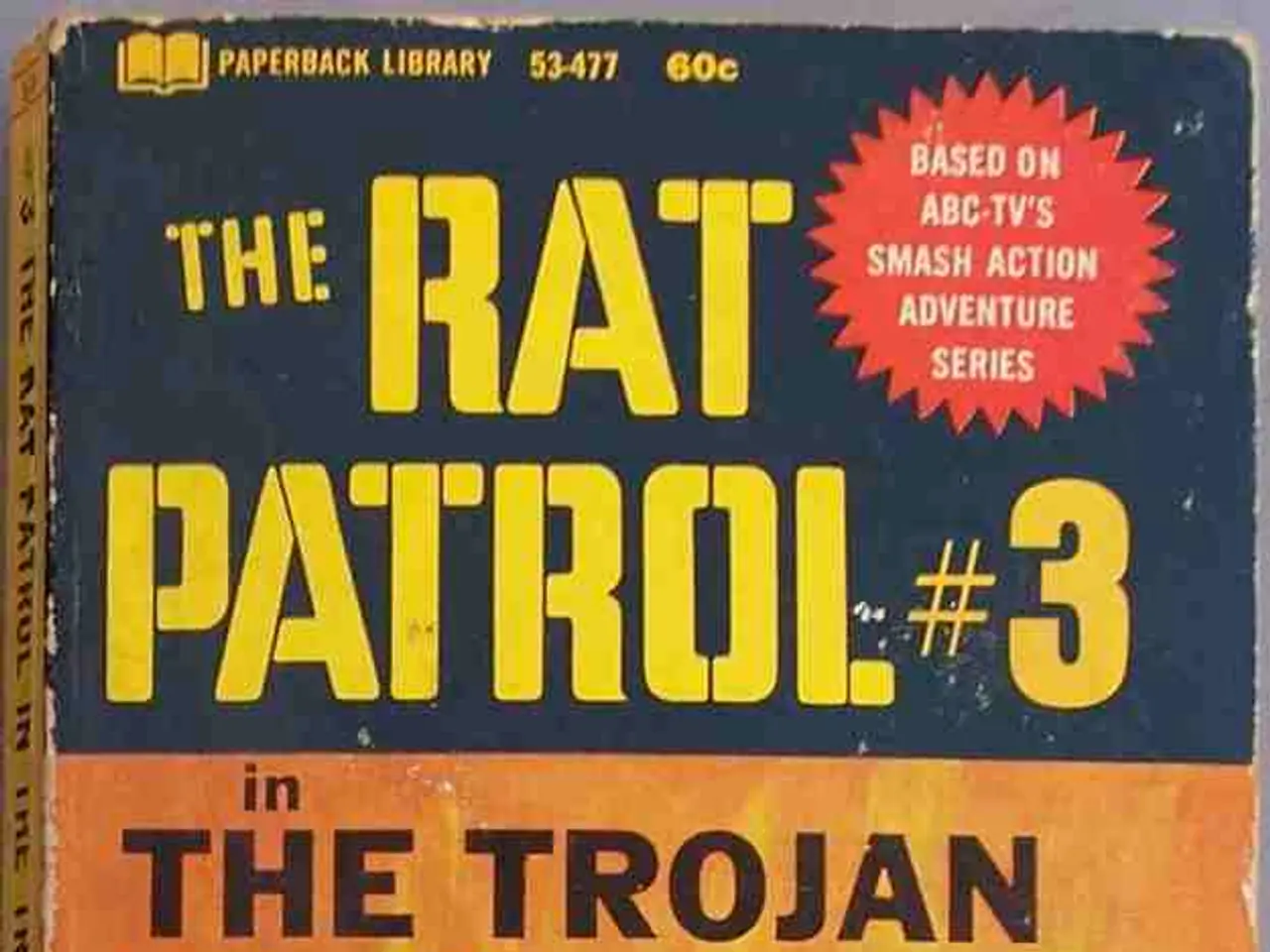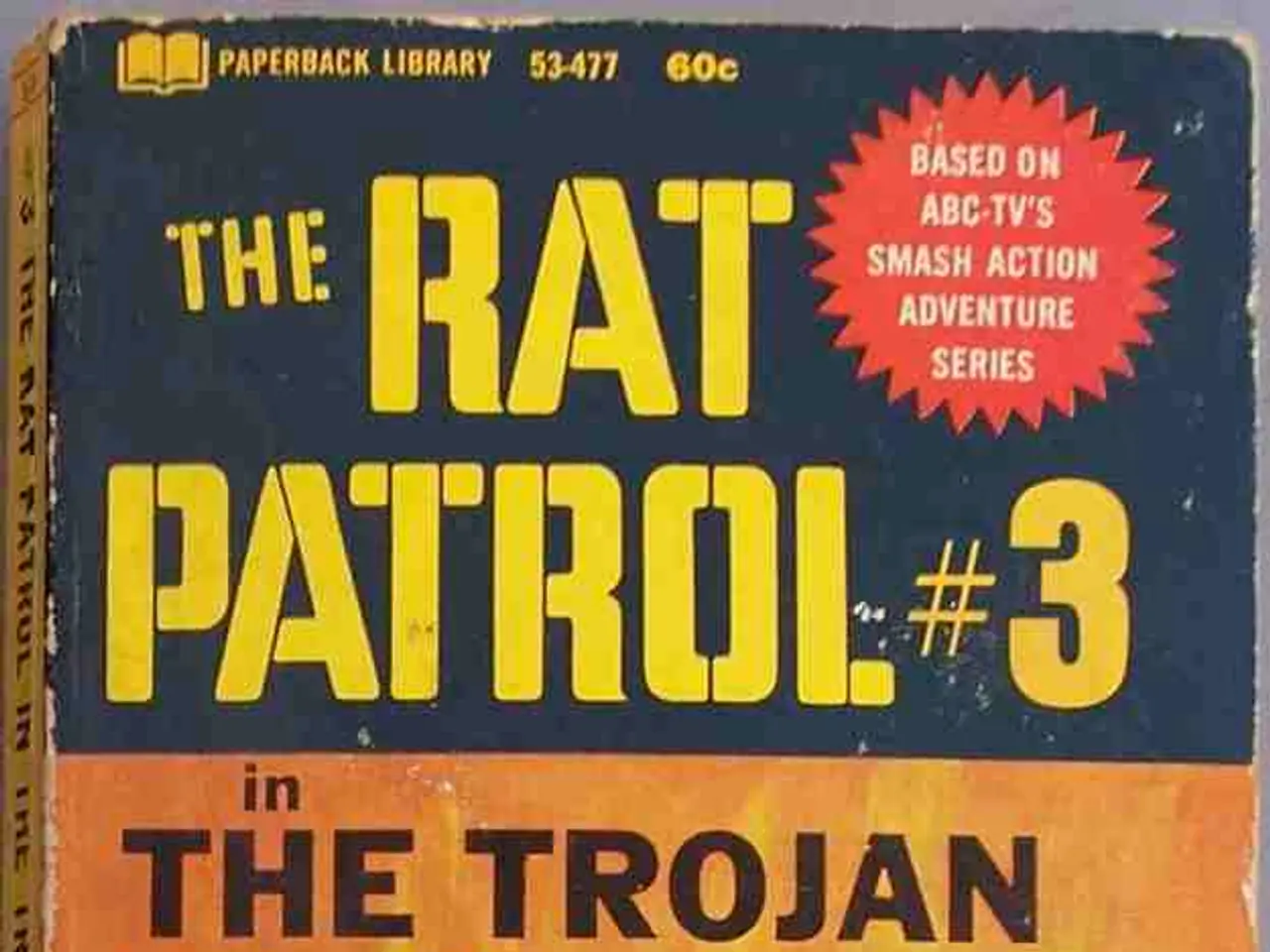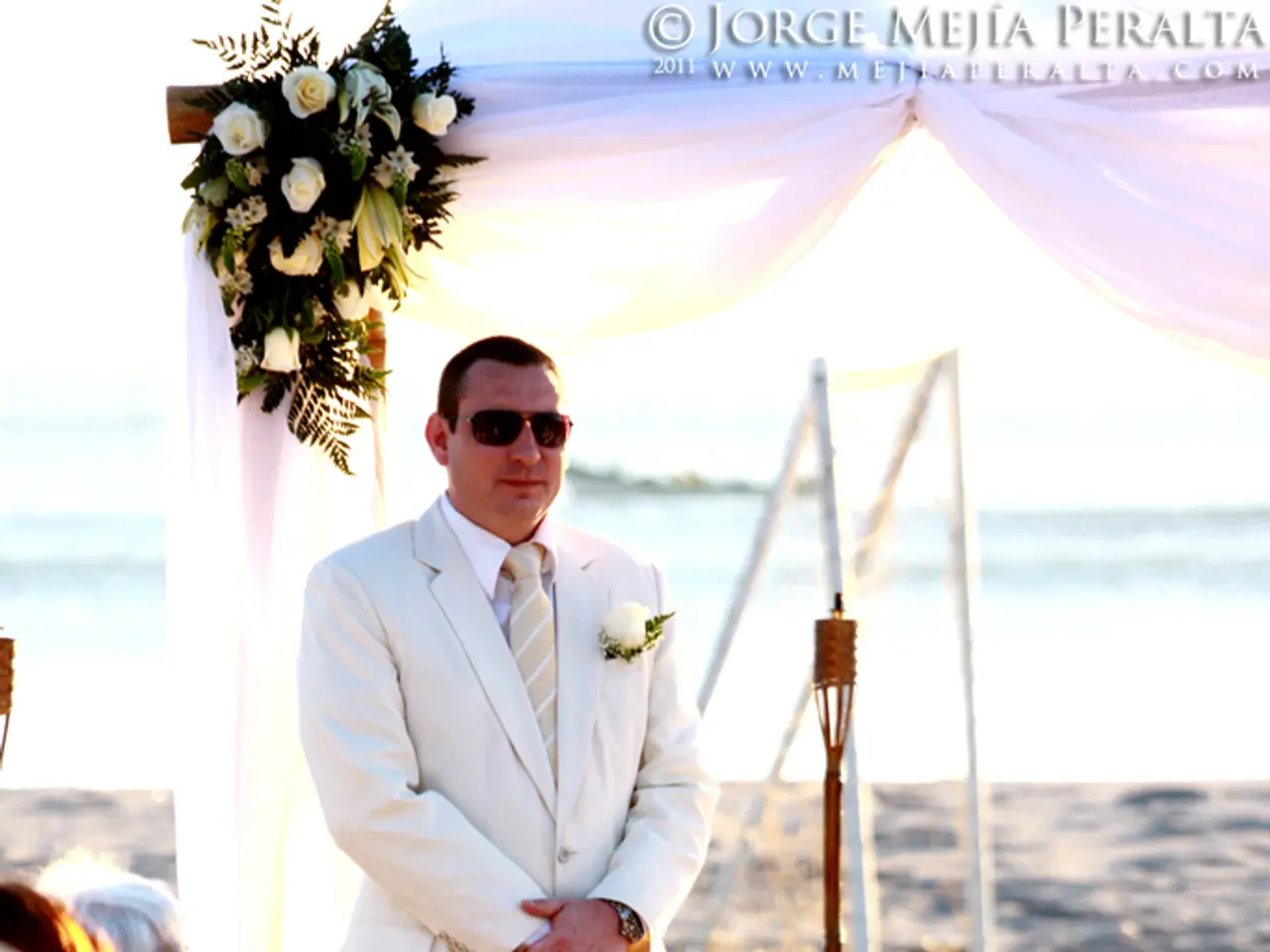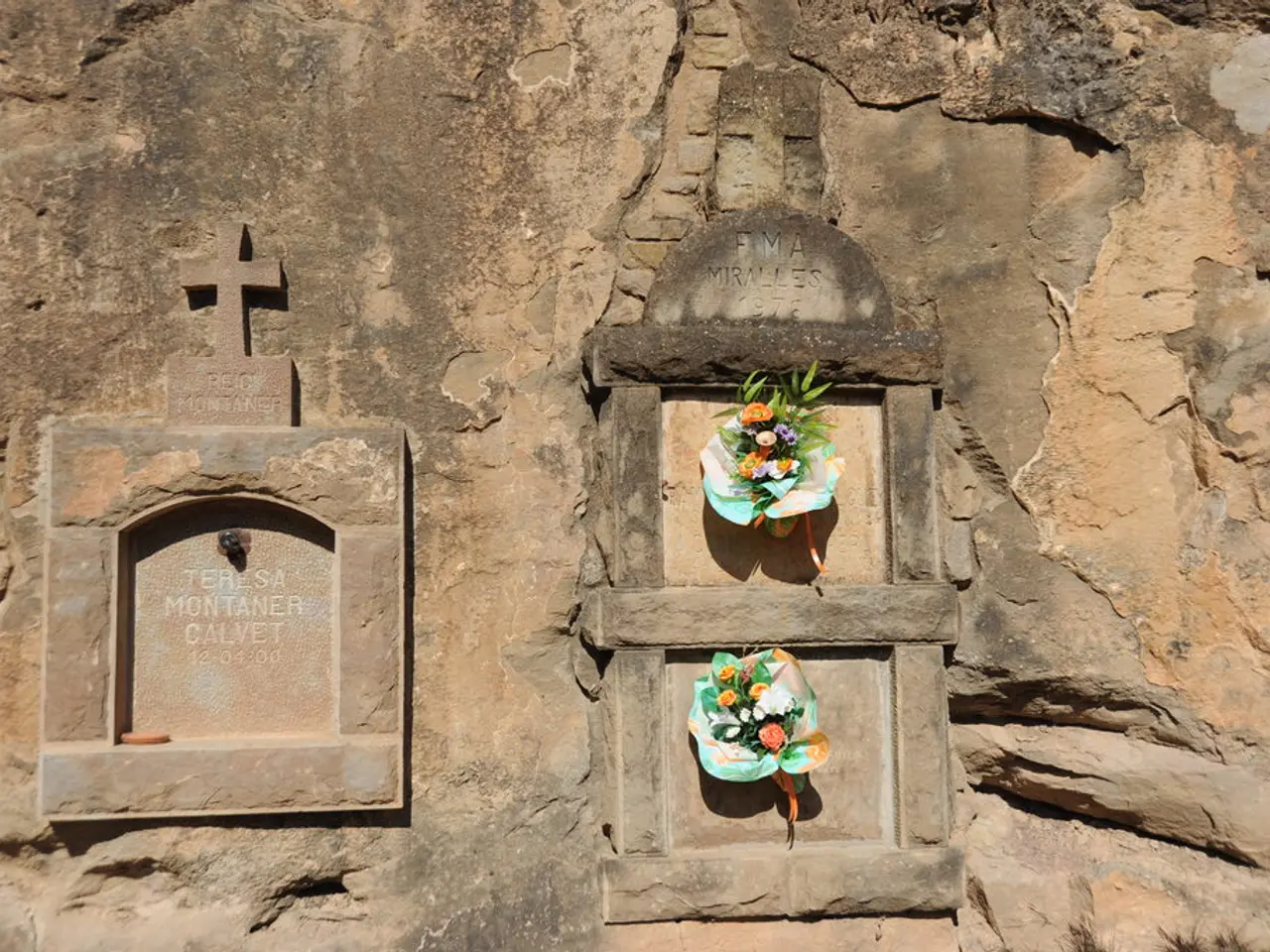" Peace eludes Armenia and Azerbaijan, leading to a humiliating engulfment in war instead"
In the heart of the Tavush region in Armenia, the border demarcation process between Armenia and Azerbaijan is underway, causing significant impact on local communities, particularly the village of Kirants.
The process, which began in April 2024, is based on old Soviet maps and has resulted in the construction of a long gray concrete wall, dividing Kirants. This divisive structure has left a bitter taste in the mouths of the villagers, who have witnessed six families losing their homes and farmland. Fifty-eight parcels of land have been given to Azerbaijan, and four territorial zones, including those surrounding Kirants, have been retroceded to Azerbaijan.
The construction of the wall has partially obstructed the panoramic view of the surrounding mountains and valleys from the school in Kirants. Farmers, who previously grazed their livestock in nearby fields, now have their access blocked by the wall. As a result, many have been forced to sell their livestock and abandon their land. Some, however, are trying to continue their activities on smaller parcels of land.
Gohar Vardanyan, a community representative, considers the border demarcation process useful for achieving peace but condemns its execution. She believes that fair decisions are necessary for making peace.
By mid-2025, only 12.7 kilometers of the over 1,000-kilometer border had been demarcated, reflecting slow progress. Negotiations between Armenia and Azerbaijan leaders have continued with support from international mediators, but no firm agreements on full border demarcation or peace treaty have been reached. The border delimitation commissions remain active, though no new sections near Tavush, including Kirants, have been addressed for over a year.
Confidence-building measures are agreed upon but actual trust and practical progress remain elusive. The peace talks, which started in March with an announced agreement, are still ongoing, and the signing of the agreement is yet to be completed.
In summary, while border demarcation efforts have started and continue with high-level talks, the process profoundly affects villages like Kirants by dividing land and displacing residents, and it remains a key unresolved issue between Armenia and Azerbaijan.
[1] International Crisis Group. (2025). Armenia-Azerbaijan: The Road to Normalization. [online] Available at: https://www.crisisgroup.org/europe-central-asia/caucasus/armenia-azerbaijan/briefing/armenia-azerbaijan-road-normalization
[2] European Council on Foreign Relations. (2025). The Armenia-Azerbaijan border demarcation: A delicate process. [online] Available at: https://www.ecfr.eu/article/commentary_the-armenia-azerbaijan-border-demarcation-a-delicate-process
[3] Radio Free Europe/Radio Liberty. (2025). Armenia-Azerbaijan Border Demarcation Process Continues, Affecting Villages. [online] Available at: https://www.rferl.org/a/armenia-azerbaijan-border-demarcation-process-continues-affecting-villages/31387675.html
The border demarcation process between Armenia and Azerbaijan, a general news topic, significantly impacts local communities, as seen in the village of Kirants, and is a key point of contention in war-and-conflicts politics. Peace talks between Armenia and Azerbaijan leaders, including international mediators, are ongoing, but progress has been slow, as evidenced by the lack of firm agreements or significant demarcation near Tavush, such as Kirants. This process, backed by reports from organizations like the International Crisis Group, European Council on Foreign Relations, and Radio Free Europe/Radio Liberty, continues to divide land and displace residents, highlighting the delicate nature of the border demarcation in the context of politics and war-and-conflicts.






